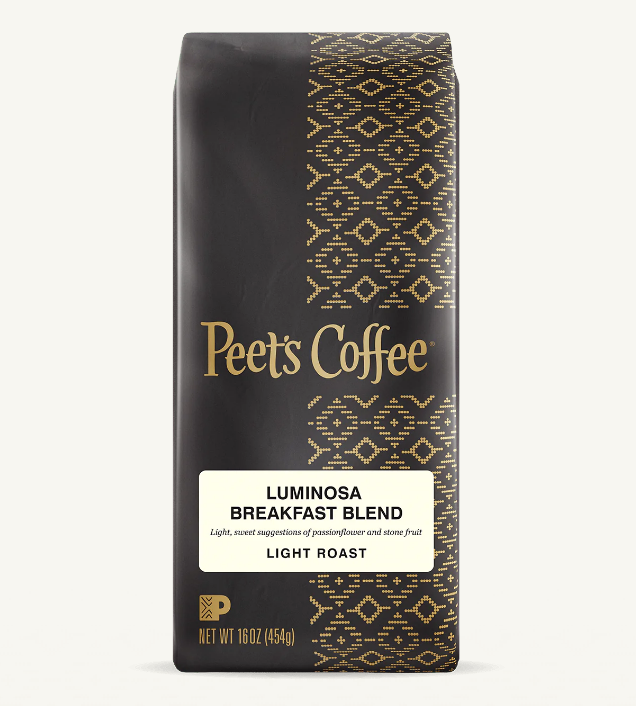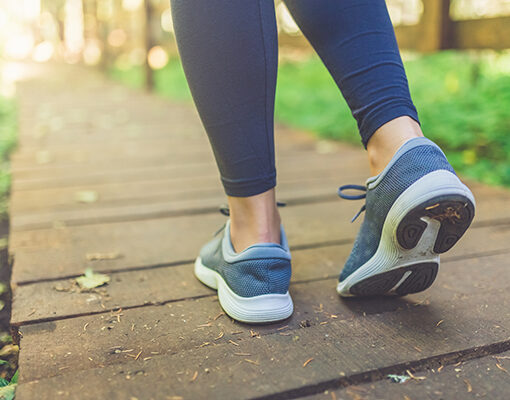Running and caffeine go hand in hand. The benefits include lower perceived effort, better pace maintenance, and delayed fatigue. Since blonde roast coffee generally has more caffeine per cup than darker roasts, that is my personal preference!

The Surprising Relationship Between Caffeine & Running Performance
1. Why Runners Love Their Coffee
-
Rapid alertness boost. Caffeine blocks adenosine receptors in the brain, reducing feelings of fatigue and making early‑morning runs feel easier.
-
Perceived effort drops. Studies show runners often rate the same workout as easier after ~3 mg of caffeine per kg of body weight (≈ 200 mg for a 150‑lb runner).
-
Mobilizes fat stores. Caffeine increases epinephrine, nudging the body to burn fat and spare glycogen—helpful in long efforts.
2. Evidence‑Backed Performance Gains
| Distance | Typical Benefit | Key Study* | Dose Used |
|---|---|---|---|
| 5 K | ↑ time‑trial speed 1‑2 % | Bridge et al., 2023 | 3 mg/kg |
| Half‑marathon | ↓ finish time ≈ 2 % | Grgic & Pickering, 2020 meta‑analysis | 3‑6 mg/kg |
| Marathon | ↓ “hitting‑the‑wall” reports | Spriet, 2022 review | 3‑5 mg/kg |
*Full citations at bottom.
3. Timing: When to Sip
| Minutes Before Run | What Happens |
|---|---|
| 0‑15 min | Taste & ritual boost motivation but little physiological effect yet. |
| 30‑45 min | Peak blood caffeine: ideal for races or tough workouts. |
| 60‑90 min | Still effective for endurance runs; can combine with mid‑run gel. |
Quick tip: If you’re a daily coffee drinker, try a 2‑4 day taper (switch to decaf) before a key race. Resensitization can make race‑day caffeine feel stronger.
4. How Much Is Too Much?
-
Sweet spot: 3‑5 mg/kg (≈ 200‑350 mg for most adults).
-
Side‑effects escalate > 6 mg/kg—jitters, GI upset, increased HR.
-
Caffeine half‑life: ~5 hours. Evening races? Dose sparingly to protect sleep.
5. Forms Beyond the Mug
| Form | Pros | Cons |
|---|---|---|
| Espresso / drip | Fast, familiar | Harder to dose precisely |
| Caffeine tablets | Cheap, exact dose | Slower absorption if un‑coated |
| Gels / chews | Combines carbs + caffeine | $$$ per mg |
| Caffeinated gum | Absorbs via mouth—ultra‑fast | Dose small; easy to over‑chew |
6. Practical Race‑Day Plan (Example: 10 K)
-
Night before: Normal dinner, no caffeine after 2 p.m.
-
Race morning (7 a.m. start):
-
6:10 a.m. — Light breakfast.
-
6:20 a.m. — Consume 200 mg caffeine (double‑shot espresso).
-
6:50 a.m. — Warm‑up jog; sip water.
-
Mid‑race (20 min mark): optional caffeinated gum (40 mg) for late kick.
-
-
After: Hydrate + 20 g protein within 30 min.
7. Who Should Be Cautious?
-
Sensitive stomach? Trial caffeine on training days first.
-
High blood pressure or pregnancy? Consult a physician.
-
Under 18 athletes: Avoid supplementation; stick to low‑dose beverages if approved by a guardian.
8. Key Takeaways
-
3‑5 mg/kg caffeine 30‑45 min pre‑run is the research‑backed sweet spot.
-
Benefits include lower perceived effort, better pace maintenance, and delayed fatigue.
-
Test in training—find your personal tolerance before race day.
From ChatGPT
Select References
-
Bridge CA, et al. “Acute caffeine ingestion improves 5 km running performance.” J. Strength Cond. Res., 2023.
-
Spriet LL. “Caffeine and endurance exercise performance.” Sports Med., 2022.
-
Grgic J, Pickering C. “The effects of caffeine on endurance running performance.” Nutrients, 2020.



